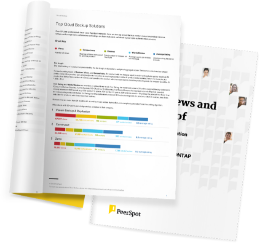SAP ERP is not really real-time. We use the HANA database which is supposed to be memory data in memory, but we are still not very happy. It is supposed to be real-time and come very quickly, but in reality, it still takes time to run. That is why we use BW of SAP, Business Objects, and now we have moved to the Analytic Cloud where we start using predictive AI. SAP recently implemented Databricks, and they started investing significantly in the analytic environment. SAP ERP has been left behind as they moved to S/4HANA with the HANA database. They restructured the whole table structure of SAP ERP, introduced simple finance, simple logistics, and moved HR to SuccessFactors. They have the BTP layer where they manage everything from integration to master data management. The challenge with SAP is that they move very fast to different products and buy different products. It requires significant investment and many skills to catch up because all of these have different sets of technology. The fundamental has changed differently. It is not monolithic anymore but different products under one name, SAP. You have to buy it model by model for additional models. Products such as SuccessFactors, Ariba for procure to pay, Concur for travel, and Facility Management use totally different technology. They try to integrate with each other, but it remains a challenge for SAP to make them have the same management, technology, and operational approach.




